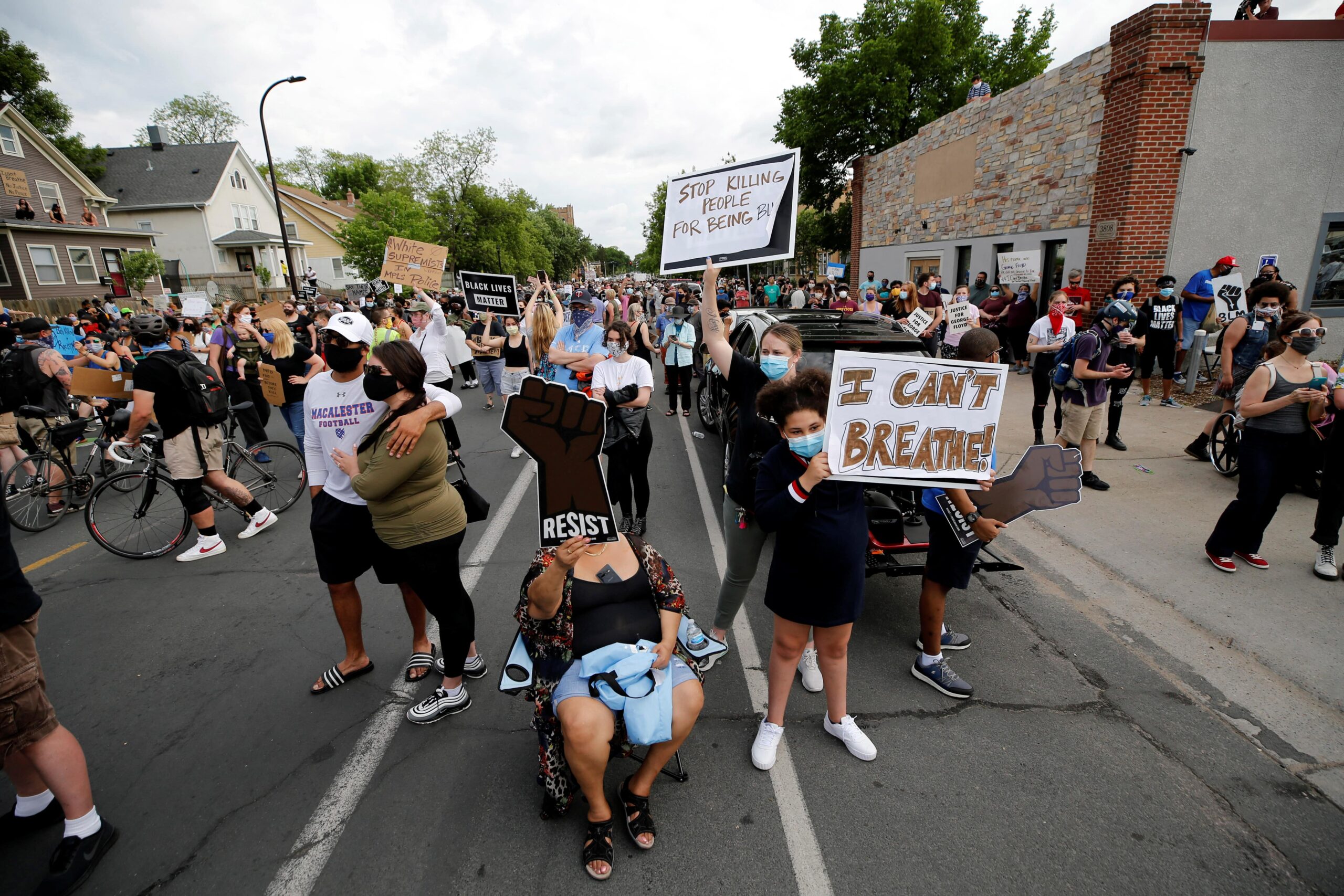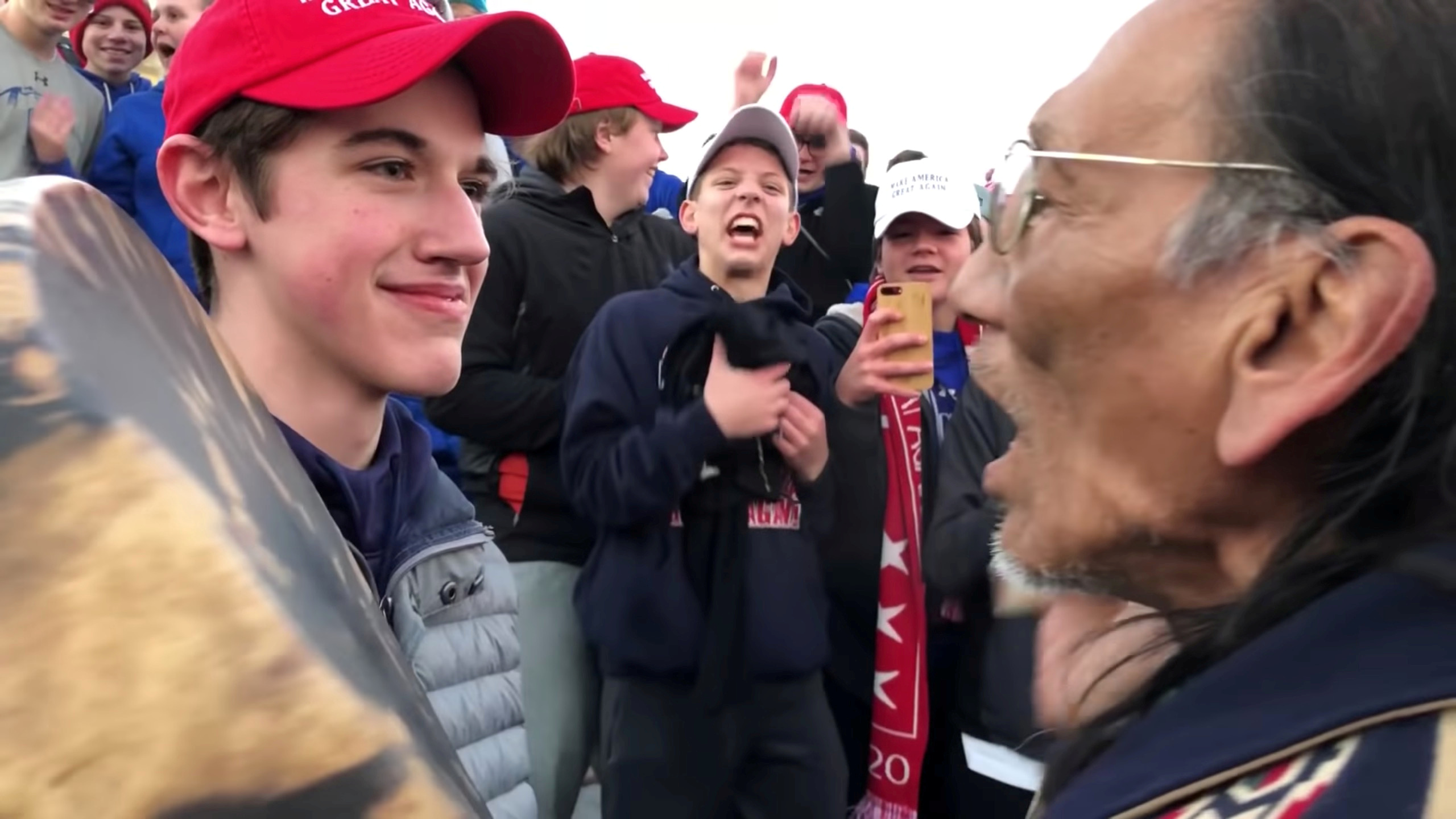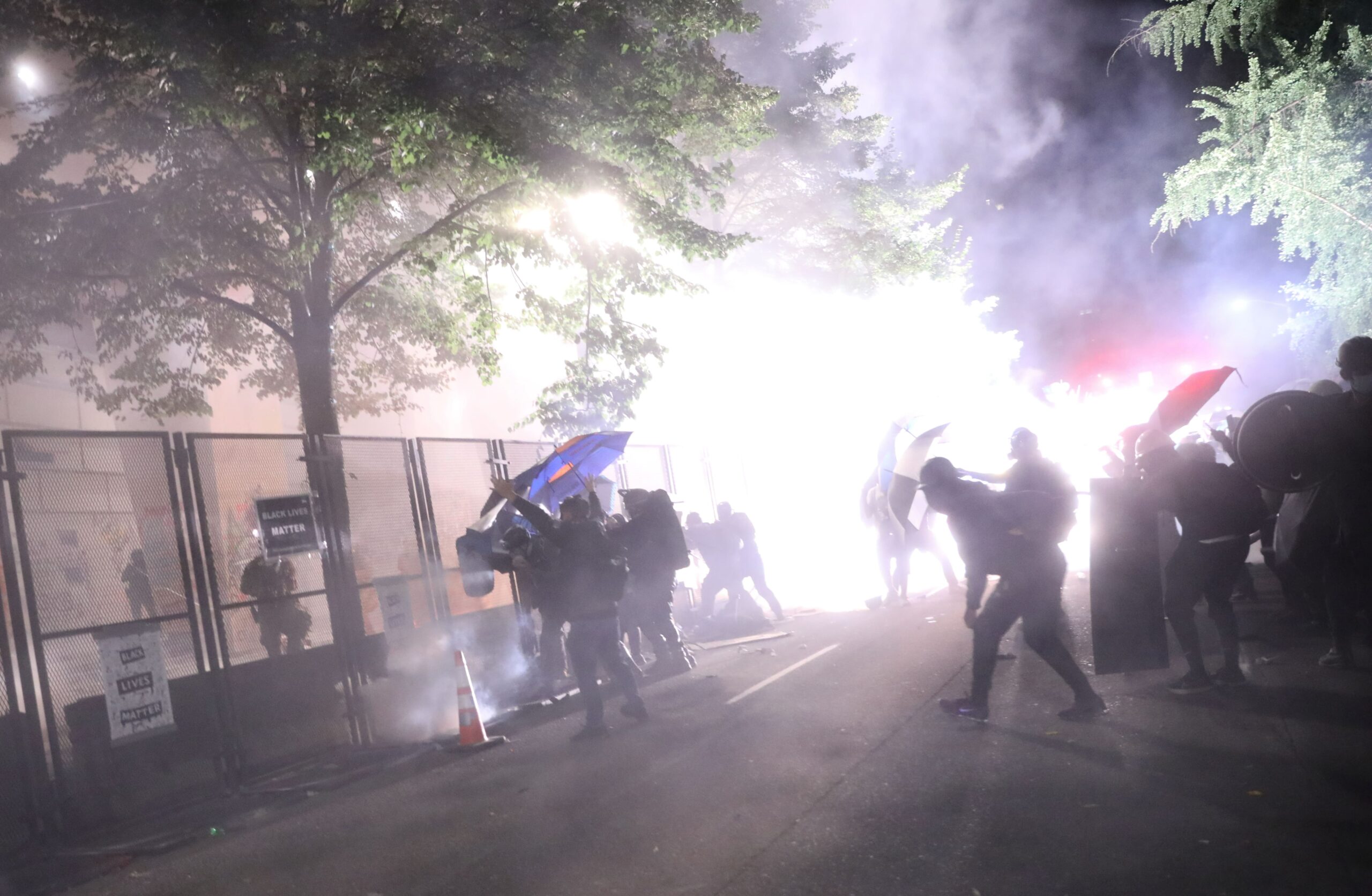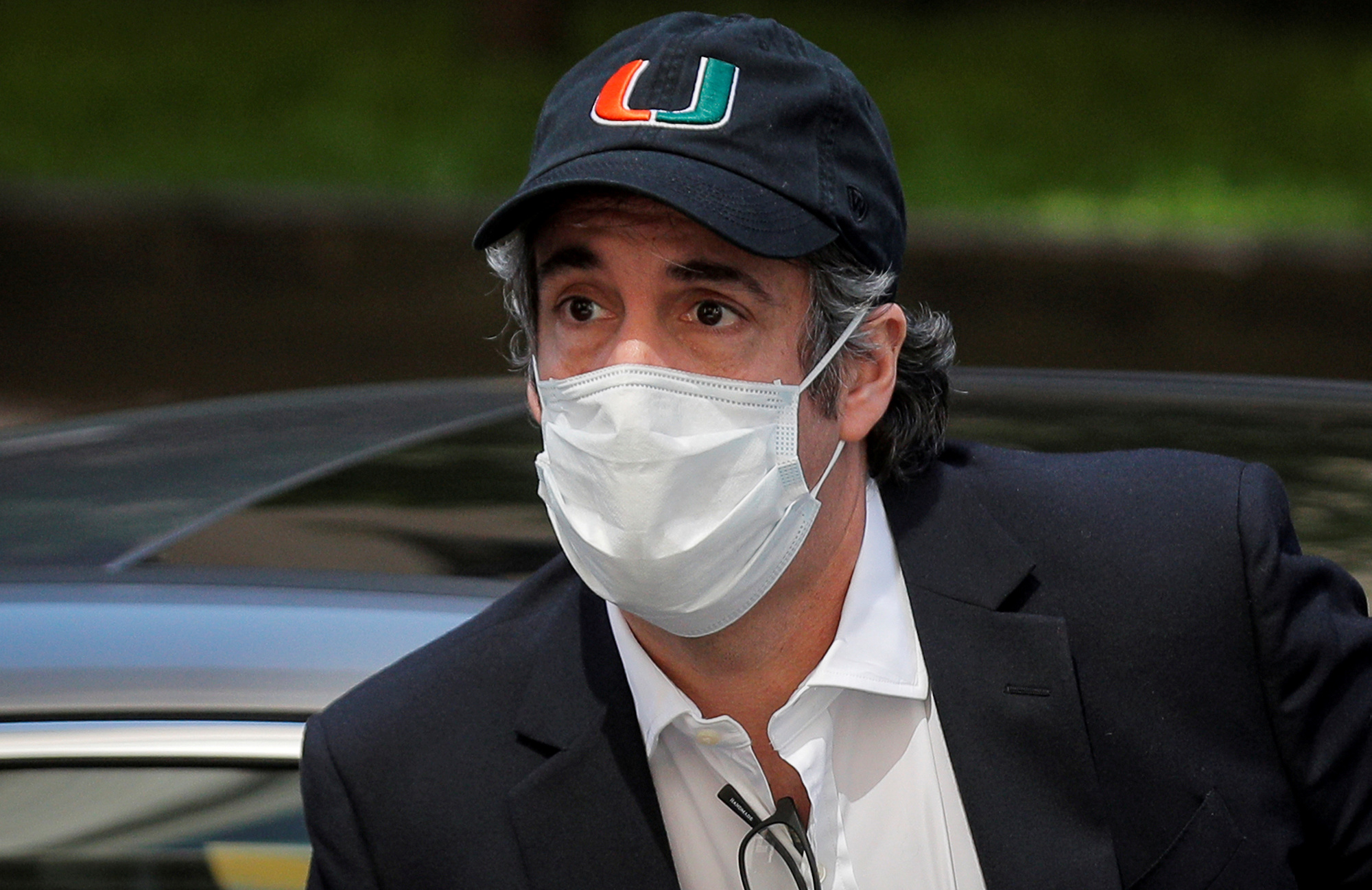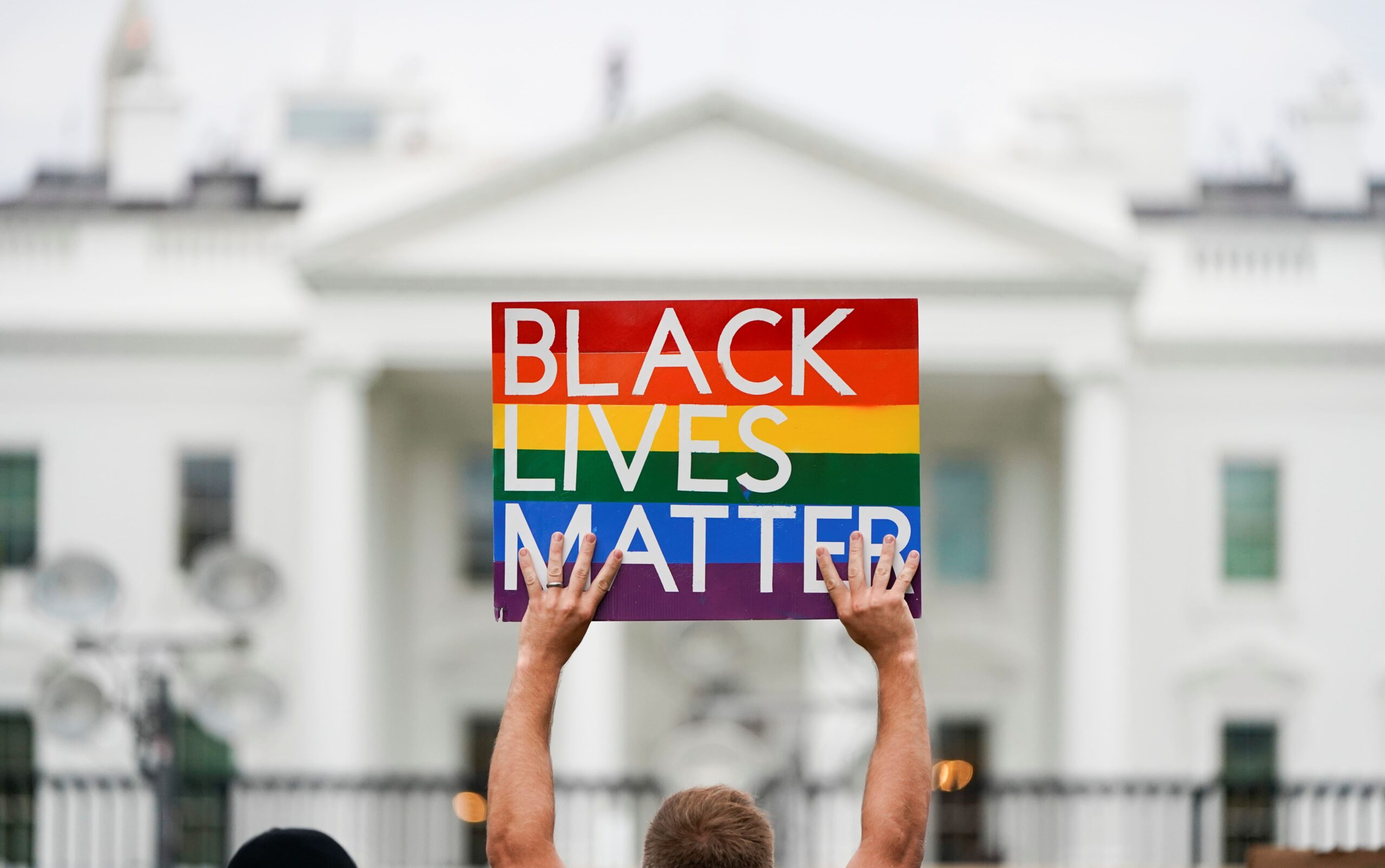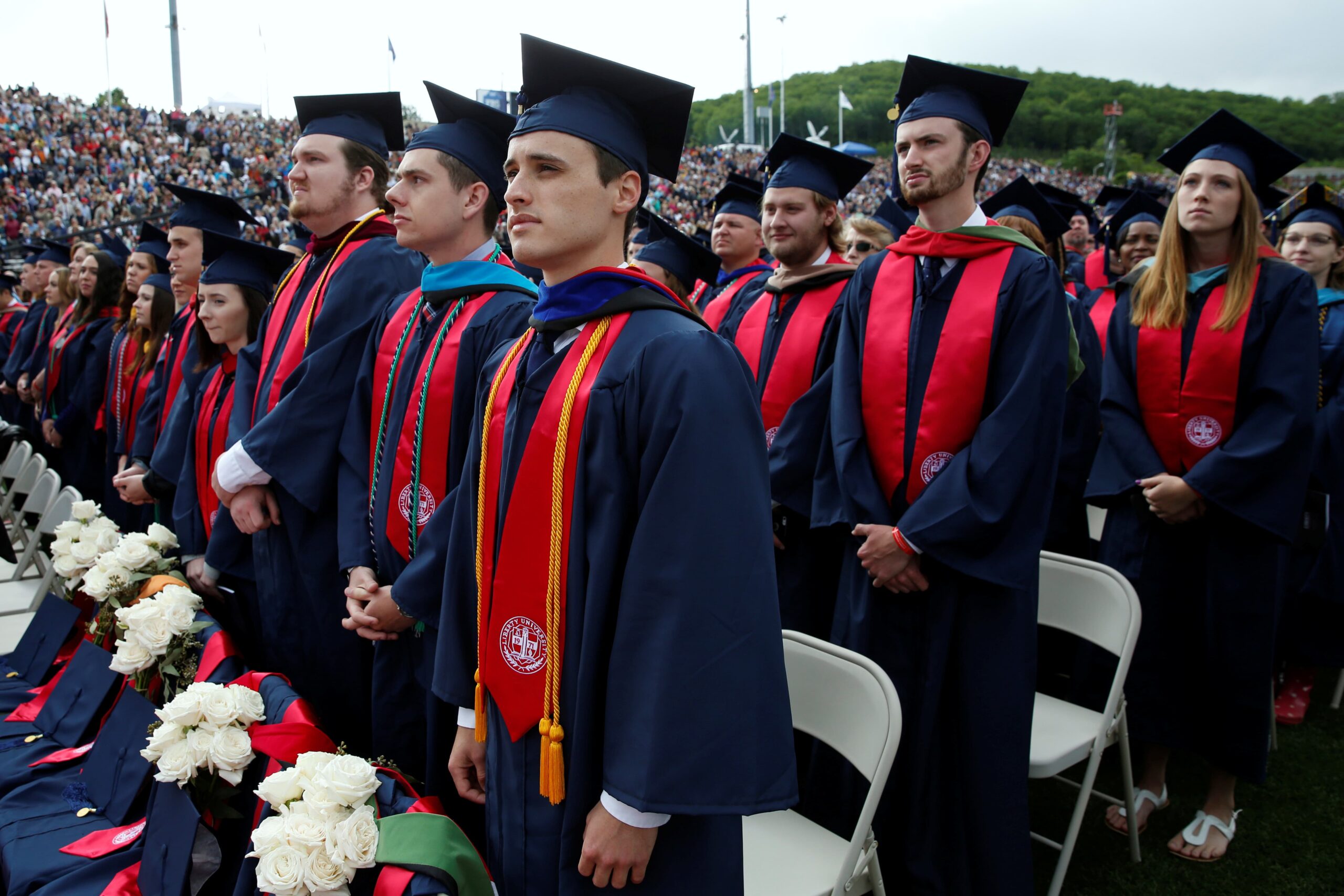ACLU Sues City of Minneapolis For Injuries to Demonstrators During George Floyd Protests
The American Civil Liberties Union (ACLU) of Minnesota, along with law firm Fish & Richardson, has filed a civil rights lawsuit on behalf of four protesters against the City of Minneapolis, the Minneapolis Police Chief, the head of the police officer’s union, and others.
Washington Post and Kentucky Teen Reach Undisclosed Settlement
The Washington Post announced on July 24th that it had reached a settlement with the parents of a Kentucky teenager who sued the newspaper last year over its depiction of an encounter between their son and a Native American activist. A spokesperson for The Post did not disclose the terms of the agreement.
The district judge rejected the notion that journalists had no legal right to remain in an area where officers had issued an order to disperse. "Without journalists and legal observers, there is only the government’s side of the story to explain why a ‘riot’ was declared and the public streets were ‘closed’ and whether law enforcement acted properly in effectuating that order,” the judge wrote.
Federal Judge Orders Cohen’s Release, Says He Was Punished For Planned Book
A federal judge orders Cohen to be released after finding that the purpose of his re-imprisonment was in retaliation for his plans to criticize Trump. Prior to being put back in prison, Cohen was pressured into signing an agreement that would have relinquished his First Amendment rights.
ACLU Petition Says Cohen Imprisoned in Retaliation for Planned Book About Trump
According to the petition, Cohen was asked to sign a form agreeing not to publish the book as a condition of his release. His lawyers and the ACLU are asking the US District Court for the Southern District of New York for his immediate release into home confinement.
Oregon Sues Federal Agencies For Violating Portlanders’ First Amendment Right to Protest
“We are today asking the federal court to stop the federal police from secretly stopping and forcibly grabbing Oregonians off our streets,” Oregon Attorney General Ellen F. Rosemblum said in a statement announcing the lawsuit.
Reporter Sues City of Belmar, New Jersey for Free Speech and Free Press Violations
A reporter for Asbury Park Press is suing the city of Belmar, New Jersey and several police officers for assaulting and arresting him during a Black Lives Matter protest on June 1st. Filed on July 13th in the U.S. District Court for the District of New Jersey, the complaint alleges that reporter Gustavo Martínez was “unlawfully tackled, arrested, detained and jailed by law enforcement."
Liberty University Sues The New York Times for Defamation Over COVID-19 Story
A prominent Christian university based in Virginia is suing The New York Times and one of its reporters for an article about the university president’s decision to reopen the college during the beginning of the COVID-19 outbreak.
